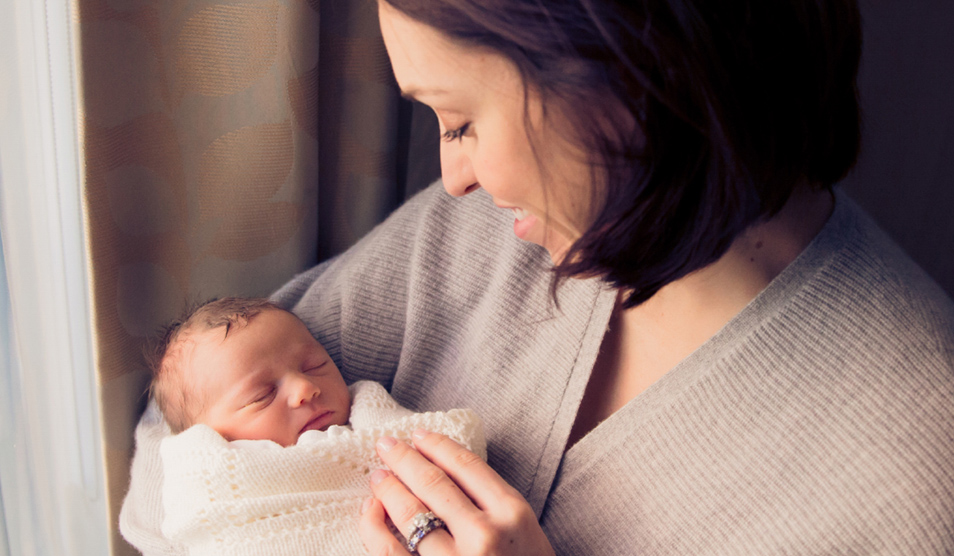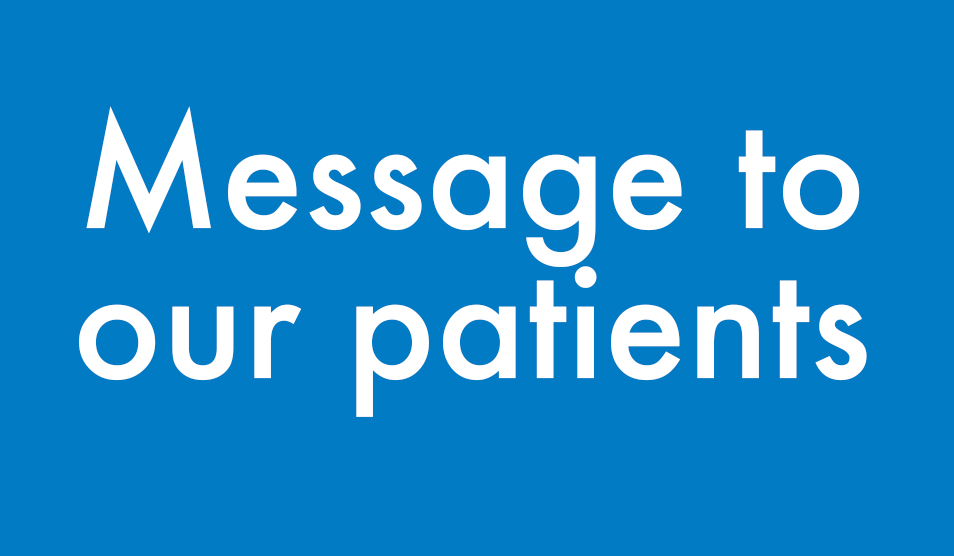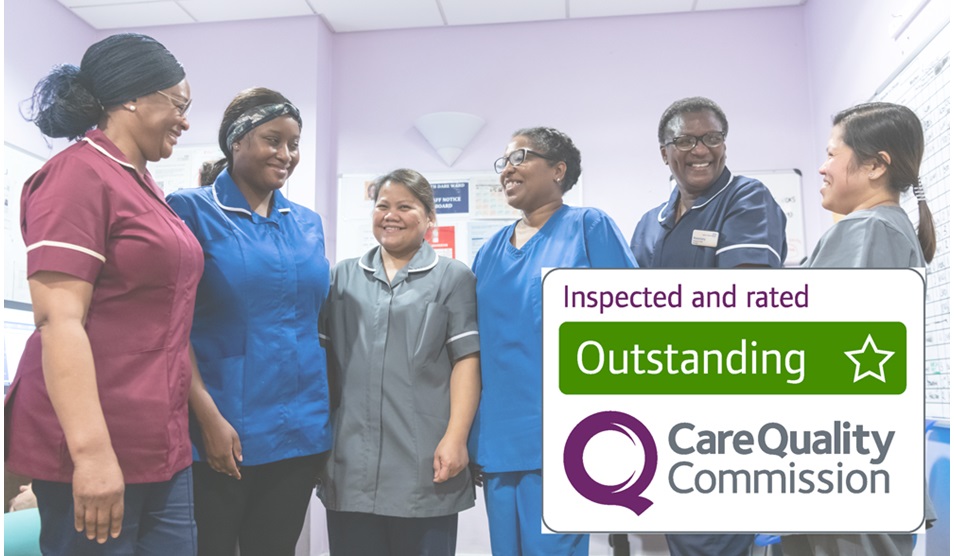Trust carries out world-first non-invasive procedure to safely treat twin pregnancy complications
Image: ultrasound image of shared placenta with a blood vessel linking the two circulations shown in colour using low-flow Doppler
Doctors at Queen Charlotte’s and Chelsea hospital have completed a world first procedure to safely treat a pair of twins in the womb with a rare condition caused by shared blood vessels, without the need for an invasive procedure.
Twin to twin transfusion syndrome (TTTS) has been estimated to affect 10-15 per cent of identical twins, or approximately 300-400 pregnancies each year in the UK. The condition occurs in identical twins who share a placenta where, in some cases, the sharing of blood flow between the babies is unbalanced.
TTTS results in one twin receiving too much blood and the other receiving too little and can cause harm to both babies. The condition can result in organ failure for both twins if left untreated and, in the most serious cases, the death of one or both babies.
Currently, the most commonly used treatment for TTTS involves inserting a laser fibre into the womb and amniotic fluid surrounding the twins and using its energy to block blood flow in shared blood vessels on the surface of the placenta. This procedure requires a small incision in the mother’s stomach and therefore carries risks, including the potential for damage to the amniotic sac surrounding the baby, leading to infection and sometimes miscarriage.
During this research treatment, the tiny blood vessels in the placenta which connect the twins and were causing TTTS, were identified using a special type of ultrasound called Doppler. High intensity focused ultrasound (HIFU) energy, which is generated by a device placed outside the body, was then used to heat the blood vessels very precisely and block the blood flow in them. This allows the blood flow between the two babies to become rebalanced.
This HIFU procedure does not require any incisions or instruments placed into the womb that could increase the risk to the pregnancy and discomfort to the patient is minimal. The technology is currently used safely in other conditions, such as for cancer treatment, and has previously been tested in animal models in order to understand more about the effectiveness and safety of the technology.
In this world-first procedure, the research team were able to use HIFU energy to effectively block blood flow in two shared blood vessels. During and after the procedure there was no evidence of harm to the mother, whose twin pregnancy is continuing, and she and the babies will be closely monitored for the rest of the pregnancy. Encouragingly, no further treatment for TTTS has been needed yet, though the pregnancy is still at an early stage and outcomes for the twins will only be fully known when they are born.
The research is led by Professor Christoph Lees, head of fetal medicine at Imperial College Healthcare NHS Trust and professor of obstetrics at Imperial College London. His team includes Dr Caroline Shaw, clinical lecturer at Imperial College London and materno-fetal medicine subspecialty trainee at Imperial College Healthcare NHS Trust, Dr Ian Rivens, biomedical physicist and Richard Symonds-Tayler, systems engineer, both from The Institute of Cancer Research (ICR), London, who have developed the HIFU system.
This is the first step in a long-term clinical trial which will require many more people who are pregnant with twins suffering from TTTS to volunteer to take part. Researchers are currently focusing on ensuring that the procedure can be undertaken safely but, once they have completed this phase, they will then be able to continue the research, and gather and analyse evidence to understand whether this procedure does have a positive clinical impact for mothers and their unborn babies.
The work has taken 10 years to develop to this point and has involved Professor Dino Giussani at the University of Cambridge’s Department of Physiology, Development and Neuroscience, and Professor Gail ter Haar who leads the therapeutic ultrasound team at ICR. The study is run by Dr Julia Townson and Dr Eleri Owen-Jones in the Centre for Trials Research at Cardiff University and funded by the Medical Research Council (MRC). Professor Lees and his team were awarded a £2.2 million grant by the MRC in 2017 to carry out the first in human trials of the ultrasound-guided HIFU technology. The project has also received funding from The Wiseman Trust.
Commenting on the development, Professor Christoph Lees said: “It’s hugely promising to know that we have safely performed this procedure for the first time and we are cautiously optimistic about the outcomes we are seeing currently. Of course we have a long way to go before we can offer this treatment routinely to patients with TTTS but by performing the procedure for the first time, we can really see the potential of the technology and technique we have developed.”
Dr Caroline Shaw, who is part of the research team at the Trust, said: “We realised early in this research that there was both an important clinical and compassionate need for a treatment of TTTS in early pregnancy, when other invasive treatment options may be limited. I remain immensely grateful to the many families who shared their often-painful experiences of TTTS and the successes and failures of treatments they received, to help us create this clinical trial. I am looking forward to building on this early achievement as the research develops.”



